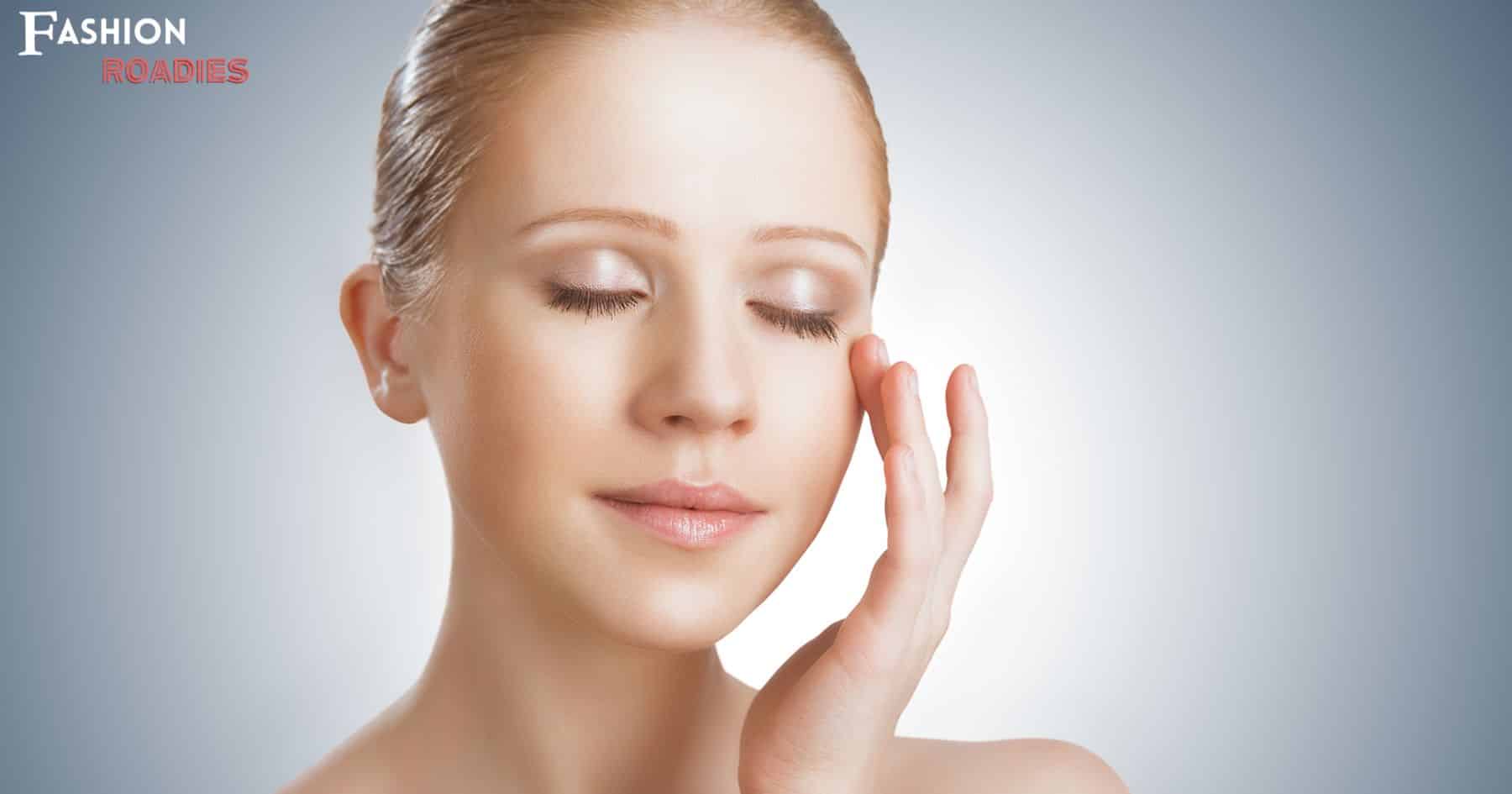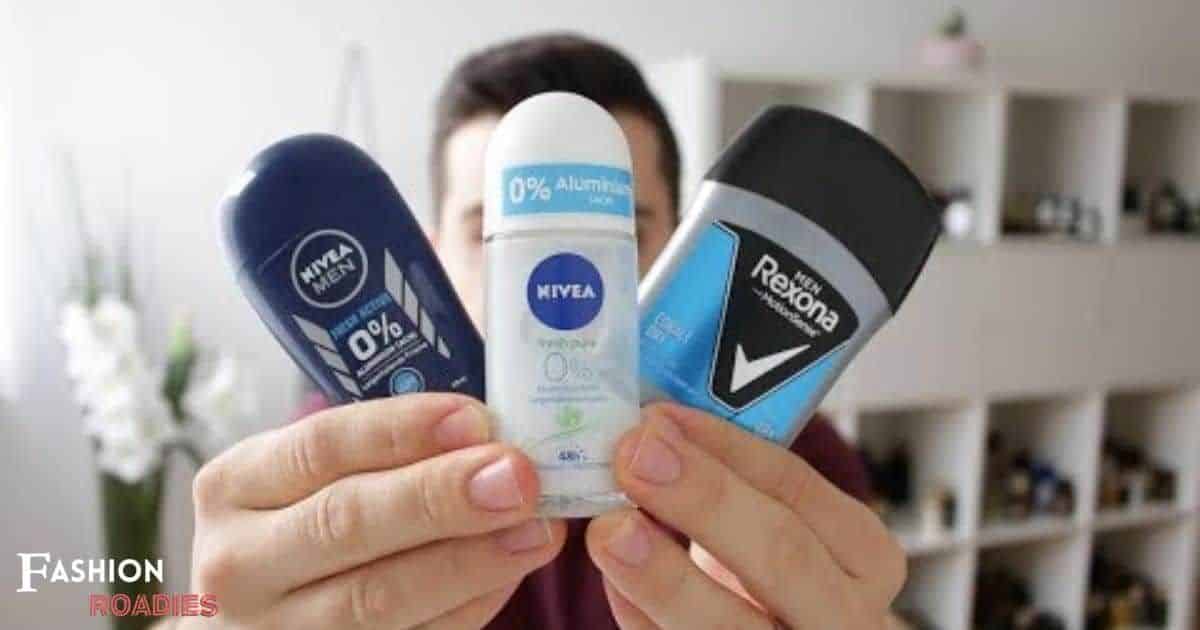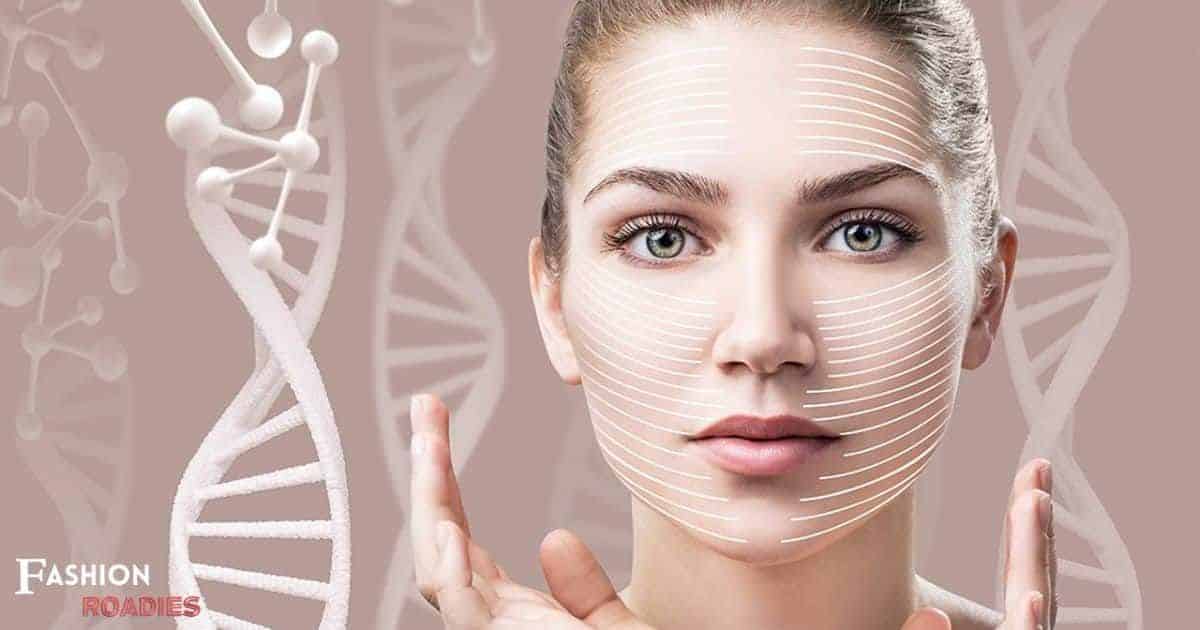In the vast world of skincare, there are countless ingredients that promise to enhance our beauty routines and deliver optimal results. Among these, one ingredient that has gained both attention and controversy is BHT. Symbolizing the delicate balance between efficacy and safety, BHT plays a crucial role in skincare formulations. As we delve into its origins, uses, and the ongoing debate surrounding its safety, this article aims to provide a comprehensive understanding of BHT in skin care, empowering readers to make informed decisions about their skincare routines.
Key Takeaways
- BHT is a synthetic antioxidant used in skincare products to extend the shelf life of cosmetic formulations.
- It works by inhibiting the formation of free radicals, protecting the skin from damage and contributing to anti-aging benefits.
- There are concerns and controversies surrounding the safety of BHT, including potential hormone disruption and skin irritation.
- Natural alternatives to BHT, such as vitamin E and rosemary extract, are available and many consumers prefer skincare products without synthetic additives.
Understanding BHT and Its Role in Skincare
Undoubtedly, understanding the role of BHT in skin care is crucial for professionals in the field of dermatology. BHT, or butylated hydroxytoluene, is a synthetic antioxidant commonly used in skincare products. Its primary function is to prevent the oxidation of oils and fats, thereby extending the shelf life of cosmetic formulations. BHT works by inhibiting the formation of free radicals, which can damage the skin cells and accelerate the aging process. By neutralizing these harmful molecules, BHT helps to protect the skin from environmental stressors and maintain its youthful appearance. However, it is important to note that while BHT has been approved for use in cosmetics by regulatory bodies, its safety and long-term effects on the skin are still a subject of ongoing research. Transitioning into the subsequent section, we will explore the origins of BHT in skin care and its evolution over time.
The Origins of BHT in Skin care
Exploring the origins of BHT in skin care and tracing its evolution over time provides valuable insights into the development and utilization of this synthetic antioxidant in cosmetic formulations. BHT, or butylated hydroxytoluene, was first synthesized in the 1940s and initially used as a food preservative. Its antioxidant properties were soon recognized, leading to its incorporation into skincare products. BHT acts as a stabilizer, preventing the oxidation of oils and fats, which can lead to the development of rancidity and deterioration of cosmetic formulations. Over the years, BHT has undergone extensive research and testing to ensure its safety and efficacy in skincare. Today, it is commonly used in various skincare products, including moisturizers, serums, and sunscreens. However, it is important to note that BHT has generated some controversy due to its potential health risks. As such, it is crucial for consumers to make informed decisions and consult with healthcare professionals before using BHT-containing skincare products.
Exploring the Uses of BHT in Skin care Products
One of the key uses of BHT in skin care products is its ability to extend the shelf life of creams and lotions, ensuring their longevity and efficacy. BHT, or butylated hydroxytoluene, is a synthetic antioxidant commonly used in the cosmetic industry for its preservative properties. Here are four important ways that BHT benefits skincare products:
- Preservation: BHT helps prevent oxidation and the growth of bacteria, fungi, and other microorganisms, keeping products fresh and safe for use.
- Stability: By inhibiting the breakdown of ingredients, BHT helps maintain the stability and effectiveness of skincare formulations.
- Anti-aging benefits: BHT’s antioxidant properties help protect the skin from free radicals, which can contribute to premature aging and skin damage.
- Texture improvement: BHT can also enhance the texture and feel of skincare products, making them smoother and more enjoyable to use.
The Controversy Surrounding BHT in Skin care
The controversy surrounding the use of BHT in skin care revolves around the potential health risks posed by its prolonged exposure to the skin. BHT, or butylated hydroxytoluene, is a synthetic antioxidant commonly used in skincare products to extend their shelf life and prevent the oxidation of oils and fats. Some studies have suggested that BHT may have adverse effects on human health, such as disrupting hormone levels and causing skin irritation. However, the research on the safety of BHT in skin care products is still inconclusive, and regulatory bodies like the FDA have deemed it safe for use in cosmetics within certain limits. To make an informed decision, it is important for consumers to consider their individual sensitivities and consult with dermatologists or healthcare professionals.
Evaluating the Safety of BHT in Skin care
Although ongoing studies are evaluating the safety of BHT in skin care, the available evidence suggests potential risks associated with its prolonged use. It is important for consumers to be aware of these risks and make informed decisions about the skincare products they use. Here are four potential risks associated with prolonged use of BHT in skin care:
- Skin Irritation: BHT has been found to cause skin irritation and allergic reactions in some individuals.
- Hormonal Disruption: Studies have shown that BHT may mimic the effects of estrogen, which can disrupt the body’s hormonal balance.
- Toxicity: High levels of BHT in the body have been linked to liver and kidney damage.
- Environmental Concerns: BHT is not easily biodegradable and can accumulate in the environment, potentially causing harm to aquatic life.
Given these potential risks, it is important to consider alternatives to BHT in skin care formulations.
Alternatives to BHT in Skin care Formulations
Researchers are currently exploring alternative ingredients for skincare formulations to replace BHT and mitigate potential risks associated with its use. BHT, or butylated hydroxytoluene, has long been used in skincare products as an antioxidant and preservative. However, concerns have been raised about its potential health risks, including skin irritation and possible endocrine disruption. As a result, scientists are actively seeking safer alternatives to BHT that can provide similar benefits without the associated risks. Some promising options being studied include natural antioxidants like vitamin E and green tea extract, as well as synthetic alternatives such as ethoxyquin and tocopherol acetate. These alternative ingredients offer potential solutions for formulators who want to create effective skincare products while prioritizing consumer safety. Ongoing research and development in this area will help ensure that skincare formulations continue to evolve and improve, providing consumers with safer and more effective options for their skincare needs.
Making an Informed Decision: Should You Use BHT in Your Skincare Routine?
Consumers must carefully weigh the potential risks and benefits of using BHT in their skincare routine, as it is a decision that can significantly impact their overall skin health. BHT, or butylated hydroxytoluene, is a common ingredient found in many skincare products due to its antioxidant properties. However, there are ongoing debates and concerns regarding its safety and potential side effects. Here are four important points to consider when deciding whether to incorporate BHT into your skincare routine:
- Antioxidant benefits: BHT has been shown to protect the skin against free radicals and oxidative damage, which can contribute to premature aging.
- Potential skin irritation: Some individuals may experience skin irritation or allergic reactions to BHT, especially those with sensitive skin.
- Hormonal disruption: There is evidence suggesting that BHT may interfere with hormone function, although more research is needed to fully understand its impact.
- Alternative options: If you are concerned about using BHT, there are plenty of skincare products available that utilize natural antioxidants, such as vitamin C or green tea extract, as alternatives.
Ultimately, the decision to use BHT in your skincare routine should be based on personal preferences, skin type, and any known sensitivities or allergies. It is always advisable to consult with a dermatologist or skincare professional for personalized recommendations.
BHT in Food for Skin Care
BHT, or butylated hydroxytoluene, is a synthetic antioxidant often used in processed foods to extend shelf life and prevent rancidity. While it’s primarily a food preservative, BHT has also found its way into skincare products. Due to its antioxidant properties, some skincare products incorporate BHT to help protect the skin from environmental stressors and premature aging. However, its safety in cosmetic applications remains a subject of debate, with some concerns about potential skin irritation or sensitivity. When considering skincare products containing BHT, it’s essential to perform patch tests and consult with a dermatologist to ensure they are suitable for your specific skin type and needs.
Frequently Asked Questions
What Are Some Common Skincare Products That Contain Bht?
Some common skincare products that contain BHT are moisturizers, sunscreens, lip balms, and anti-aging creams. BHT, or butylated hydroxytoluene, is used as a preservative to extend the shelf life of these products and prevent oxidation.
Can BHT Cause Any Adverse Effects on the Skin?
BHT, an antioxidant commonly used in skincare products, has raised concerns about potential adverse effects on the skin. Research suggests that while BHT may cause irritation in some individuals, its overall safety profile remains favorable when used in appropriate concentrations.
Are There Any Regulations or Restrictions on the Use of BHT in Skin care Products?
There are regulations and restrictions on the use of BHT in skin care products. These measures ensure the safety and efficacy of the product, protecting consumers from potential adverse effects.
How Does BHT Interact With Other Ingredients Commonly Found in Skincare Products?
BHT, or butylated hydroxytoluene, is commonly used in skincare products as an antioxidant. It can interact with other ingredients to enhance their stability and prevent oxidation. However, it is important to consider potential sensitivities and consult with a skincare professional.
Are There Any Natural Alternatives to BHT That Can Provide Similar Benefits in Skincare Formulations?
Natural alternatives to BHT that offer similar benefits in skincare formulations are available. These alternatives can provide antioxidant and preservative properties, helping to extend the shelf life of products while also protecting against oxidative damage.
Conclusion
In conclusion, BHT in skin care has a long history and varied uses. While it has faced controversy regarding safety, extensive research is still ongoing. As with any skincare ingredient, it is essential to make an informed decision based on individual preferences and concerns. There are alternative options available for those who prefer to avoid BHT. Ultimately, the decision to include BHT in your skincare routine is a personal one that should be made after careful consideration of the available information.










